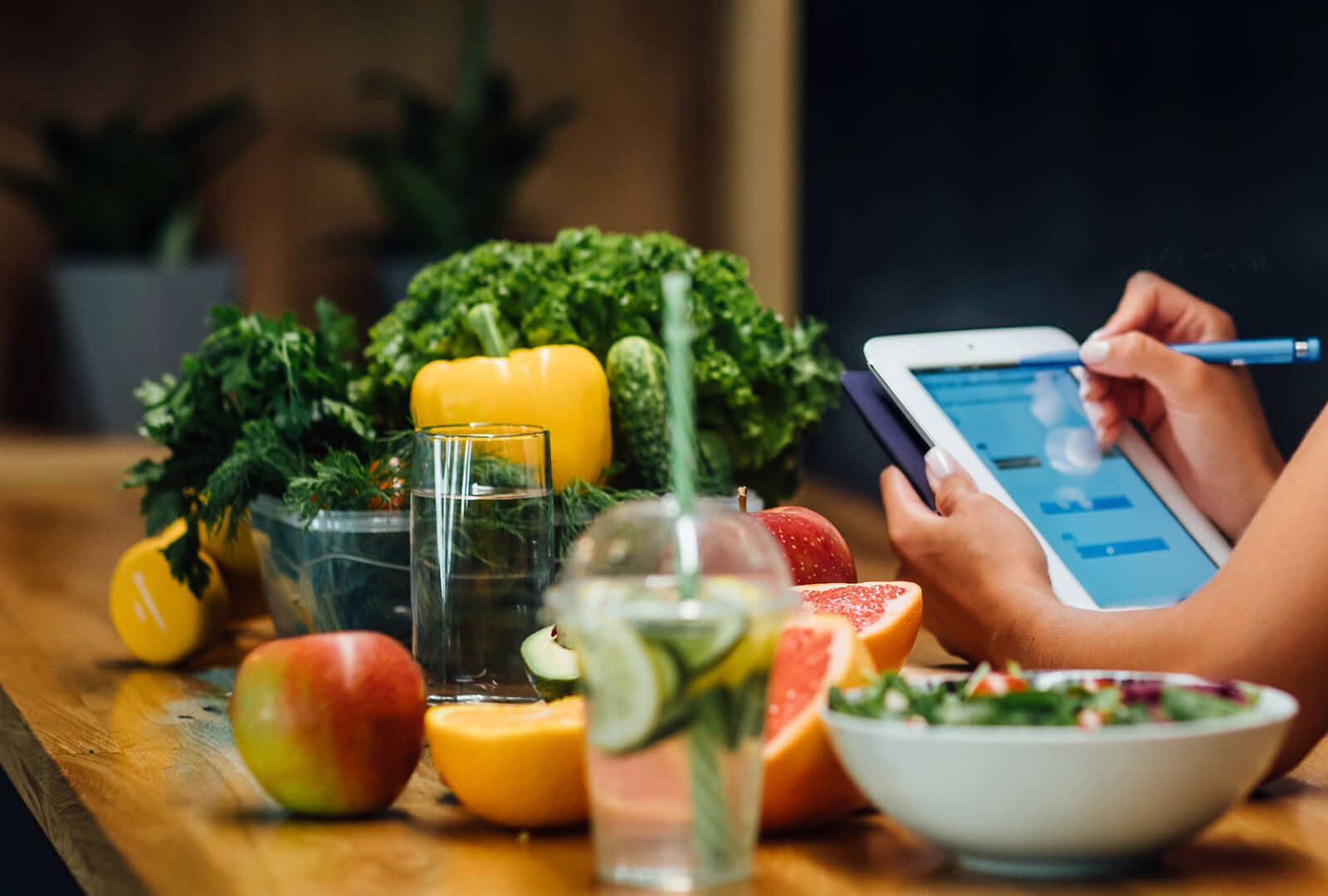
The growing wellness industry offers consumers everything from “wellness cruises” to “wellbeing apps” with the intention of making us feel better, sleep better and think better. Experts trace this heightened focus on self-care to the collective stress we experienced during the Covid-19 pandemic, when global anxiety rates spiked 25%, according to data from the World Health Organization.
“Engaging in a self-care routine has been clinically proven to reduce or eliminate anxiety and depression, reduce stress, improve concentration, minimize frustration and anger, increase happiness, improve energy and more,” wrote Dr. Matt Glowiak, a clinical psychologist at Southern New Hampshire University. Today, more than 90% of Americans say they are “actively trying to improve their wellbeing,” according to a poll by the market research firm IFF. As a result, the business of feeling good is booming, generating a record $5.6 trillion in revenue in 2022, according to the Global Wellness Institute, a nonprofit that tracks the sector.
Given this broad trend, it makes sense that consumers are increasingly seeking out food they believe will strengthen their immunity, ward off disease and increase their mental and physical health.
